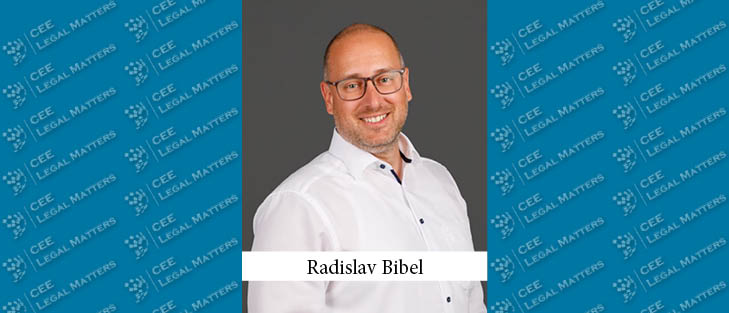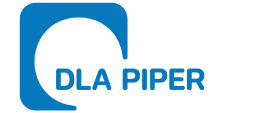From 1 April 2025, Slovakia will introduce a new financial transactions tax (daň z finančných transakcií) as part of the government´s consolidation package. This is not an early April fools' day joke.
The financial transactions tax will apply to outgoing bank payments, including invoice payments, cash withdrawals, card payments, and recharged expenses related to financial transactions.
Some payments, such as those concerning tax, social security or transfers between the user's own bank accounts in the same bank will be exempt from the tax. The tax is designed to be a levy on debits from bank accounts, meaning that whenever a payment is made from an account, the tax will be charged. Received payments won't be taxed.
Who will have to pay the tax?
The tax will primarily affect Slovak businesses and self-employed individuals. Specifically, the taxpayers will be:
- legal entities
- self-employed individuals (entrepreneurs)
- branches of foreign entities
Private individuals won't have to pay the tax.
What’s the tax base?
The tax base will be the total amount of each individual financial transaction or recharged expense. For example, if a business makes a payment of EUR1,000, the tax will be calculated from this amount.
How will payers file the tax?
Taxpayers will have to conduct their financial transactions through designated “transaction accounts,” ie a business bank account. Self-employed individuals have to make sure they have these accounts set up by 31 March 2025. The tax will be automatically deducted by financial institutions and remitted to the Slovak tax authorities.
Taxpayers can't avoid paying the tax by using foreign bank accounts or accounts held by third parties. Transactions done abroad using foreign bank accounts or using third parties, as well as the tax, must be reported by the taxpayer themselves. The tax period is a calendar month.
What are the tax rates?
The tax rates are:
- 0.40% on outgoing payments, with a maximum cap of EUR40 per transaction
- 0.80% on cash withdrawals, no maximum cap
- EUR2 annually on card payments
- 0.40% on recharged expenses, no maximum cap
Conclusion
The introduction of the financial transactions tax marks a significant change in Slovakia’s tax landscape. Businesses and self-employed individuals should prepare for this new tax by setting up the necessary transaction accounts and understanding the implications for their financial operations.
By Radislav Bibel, Senior Tax Lawyer, DLA Piper


